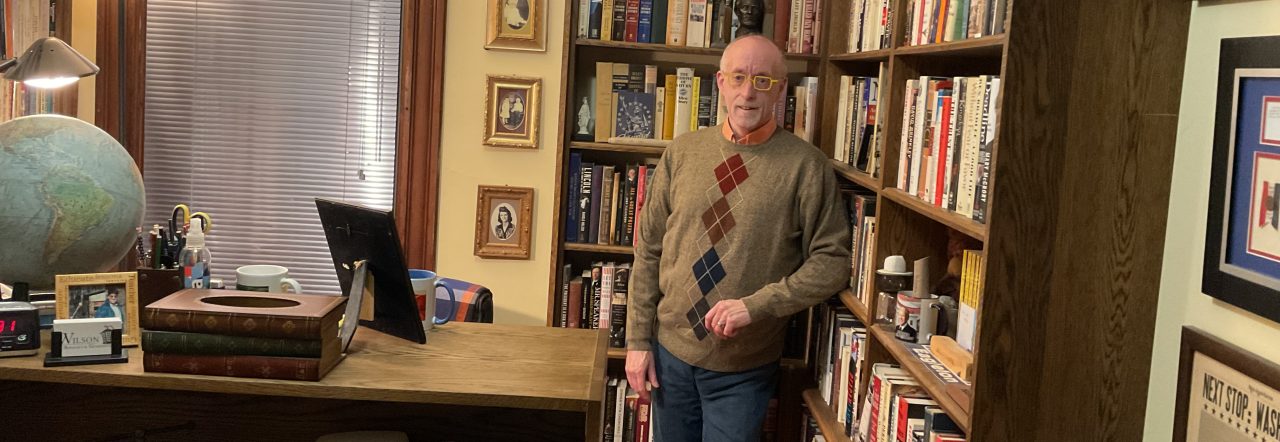
This is not news that will make it above the headlines of impeachment and military moves in Syria. But the content of the story is of such gravity that we as a nation cannot dismiss it.
When considering the average eighth-graders reading scores, based on data made known today from the National Center for Education Statistics, more than half the states saw a decline among public school students. These numbers are contained, in what newsrooms around the nation refer to, as the “nation’s report card.”
Civics, history, and science are often topics pushed when talking about education on Caffeinated Politics. So it is once again alarming when there is further evidence that a foundation to all of them, reading competency, is facing continued struggles in our public schools. The seriousness of the problem means the nation really needs to come to terms with possible solutions.
The data points to a concern that has been registered often when this topic does make it the top of the national dialogue. What to do so to have the most effect on students who had been struggling, as the report underscores that losses are most noticeable among this demographic. Eighth graders at the bottom 10th percentile of reading achievement lost six points on the exam compared with similar students two years ago, while students at the 50th percentile lost 3 points and students at the 90th percentile — top achievers — lost only 1 point.
While I have long championed the need for more educational dollars I also know from personal experience the role parents, and even siblings, have on the reading process for youngsters. My dad read to me so often that we could recite my favorite books from memory. And he made reading fun by using different tones and ‘voices’ to the characters as the pages turned. My older sister demonstrated to me how books were constant forms of entertainment.
My dad was always reading the daily newspaper, my sister a book. In many homes today that is not the case as computer screens and electronic gadgets dominate with reading downsized to the length of a text. In other words, are children being exposed to the joys of reading along with the fascinating exploration of topics galore from the printed word?
I read a most interesting article written by Republican Senator Sasse who made an attempt to touch on some issues that will create adults who read. I strongly concur with the following.
Reading done well is not a passive activity like sitting in front of a screen. It requires attention, engagement and active questioning. Unfortunately, according to the Bureau of Labor Statistics, the average American now reads only 19 minutes a day—and the younger you are, the less you read.
That our young people take so little interest in reading is sad, but not just for them. It also keeps them from growing into the sort of engaged, responsible citizens our republic needs. America’s founders understood literacy as a prerequisite for freedom and self-government, and we are paying the price today for failing to take that truth seriously.
The first step is to encourage them to become quantity readers. A friend introduced Melissa and me to a challenge called “The Century Club.” To be a member, you must read 100 books in a year. Quite a few people can read two solid books in a week, but knocking out almost two a week for an entire year is daunting.
With children, you have to start with light books to set them on the path to 100. But as they develop the habit of reading, you can add more challenging titles. Our children haven’t yet hit a hundred in a year, but it has become a healthy, behavior-shaping goal.
Quantity is important, but quality is the bigger, long-term goal. When our girls were not yet teens, we let them pick just over half of the books in their sequence. Now we have them propose a handful of books for us to select from, and if the books aren’t rigorous enough, we intervene more aggressively.
They’re pretty good about wanting to stretch themselves, but we’ve also steered them to especially important books that will help them not just to learn their place in the world but also to comprehend the riches of the traditions they’re inheriting.
Parenting and adult involvement is key to making sure that children have their noses in books. With such involvement, children will want to turn the pages.

